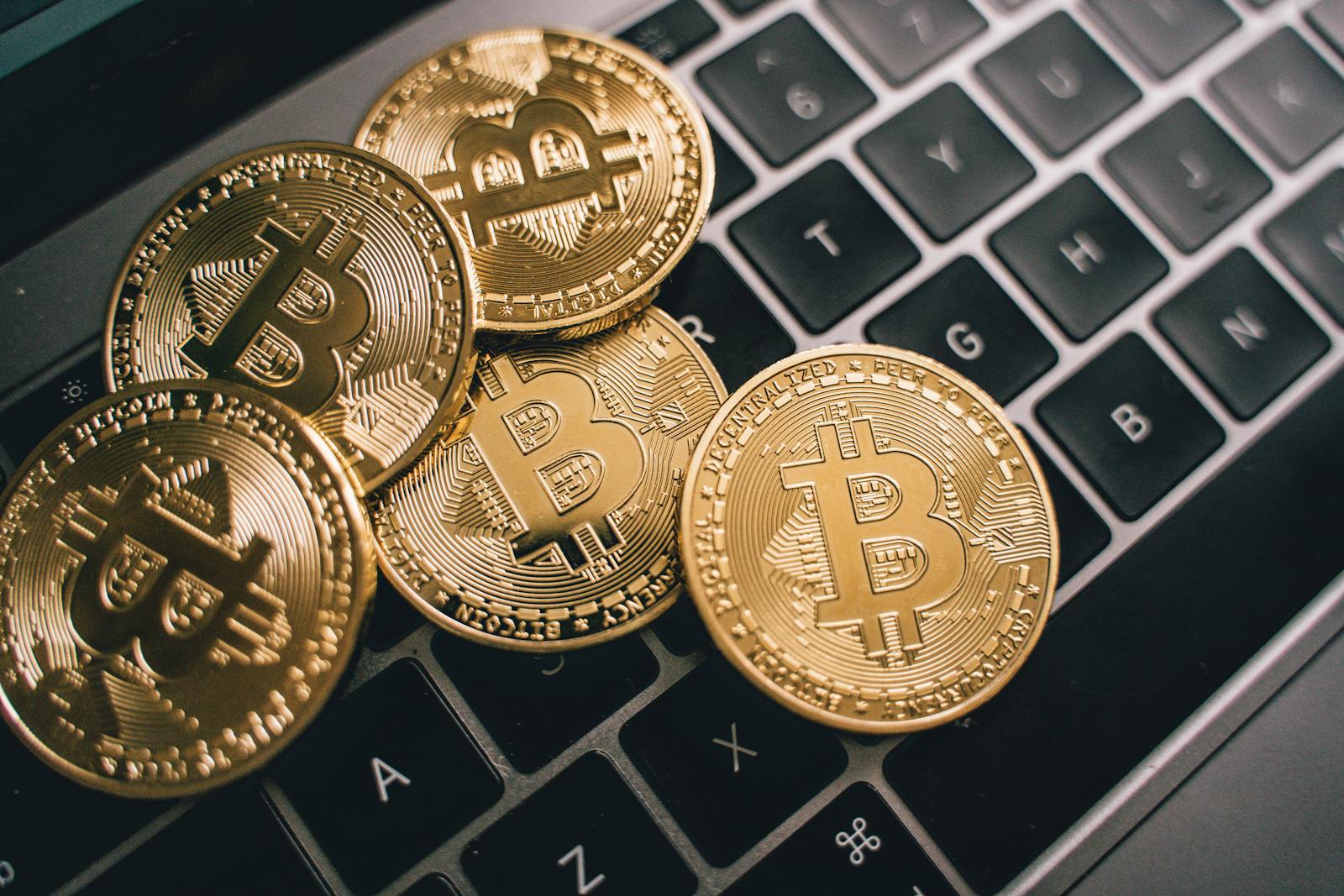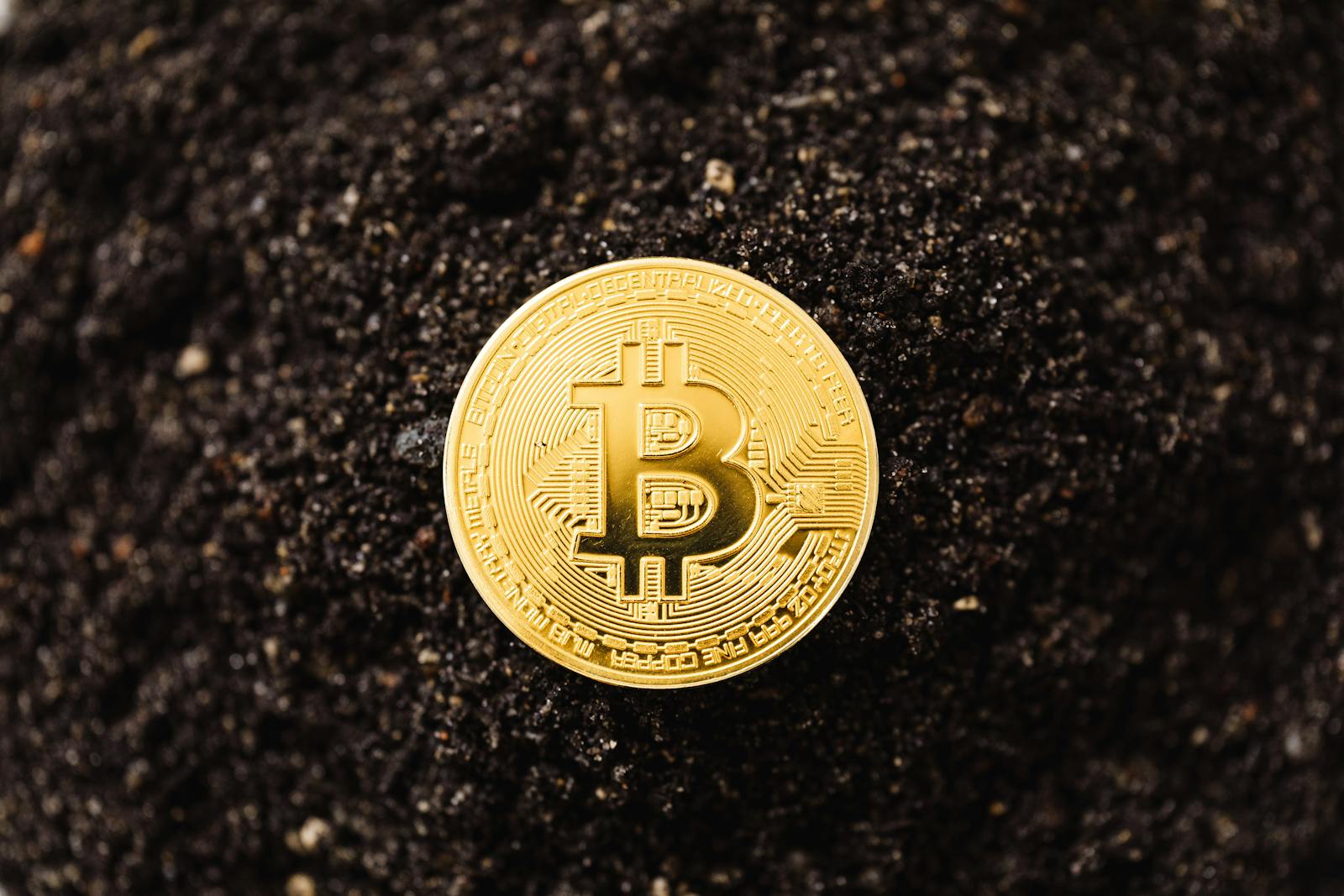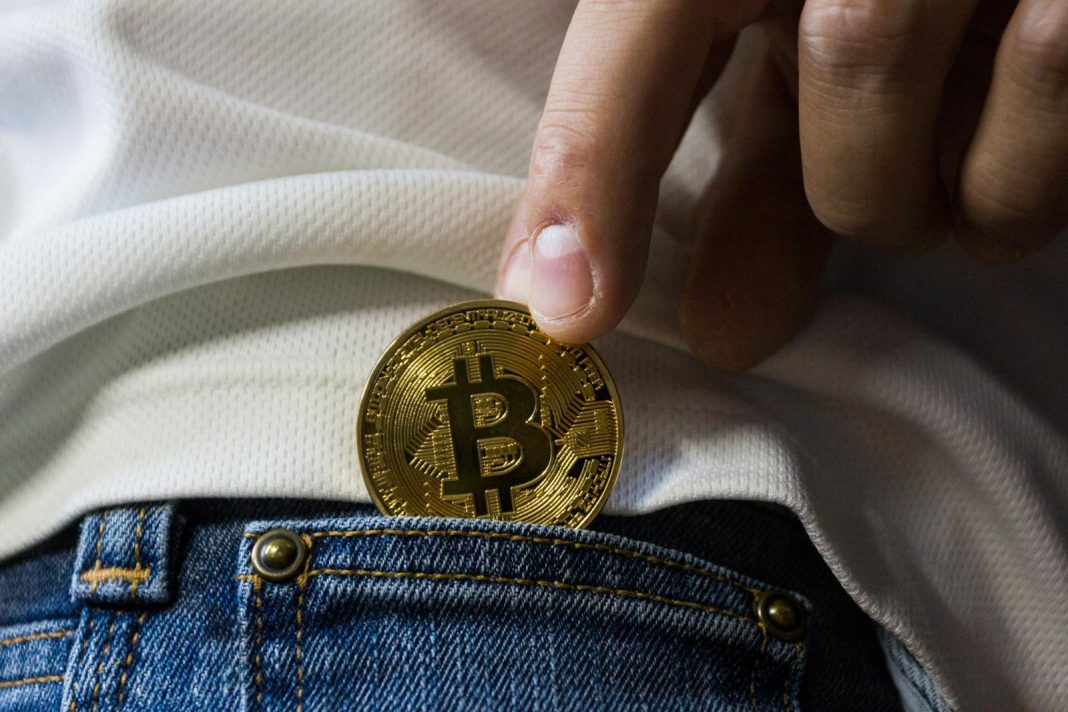Welcome to the exciting world of Bitcoin! If you’ve ever been curious about what Bitcoin is and how it could potentially benefit you, then you’re in the right place. We’ll start from the very basics, ensuring that by the end of this blog post, you’ll have a solid understanding of what Bitcoin is, how it differs from traditional currency, and why it’s become a global phenomenon.
What is Bitcoin?
Imagine a form of money that isn’t controlled by a government or institution but instead is managed collectively by its users across the globe. That’s Bitcoin for you – a digital currency that allows peer-to-peer transactions without the need for intermediaries like banks. It’s like cash for the Internet era, designed to be secure, private, and accessible to anyone with an Internet connection.
Benefits of Bitcoin
Bitcoin offers several advantages over traditional fiat currencies and payment methods. It’s decentralized, meaning no single entity has control over it, reducing the risk of inflation caused by monetary policy. Transactions can occur at any time, from anywhere, and often with lower fees than conventional banking systems. Bitcoin’s transparency and security also appeal to many users who are looking for an alternative to the privacy issues associated with other forms of payment.
Understanding the Basics of Bitcoin
Let’s dive deeper into the inner workings of Bitcoin and explore the technology behind this innovative currency that has captured the attention of tech enthusiasts and investors alike.
How Bitcoin Works
At its core, Bitcoin transactions involve transferring value between digital wallets. Each transaction is verified by network nodes through cryptography and recorded on a public ledger called a blockchain. The process of verifying transactions and adding them to the blockchain is what we call mining, and it serves a dual purpose: securing the network and creating new bitcoins as a reward for miners.
Cryptography and Security
The backbone of Bitcoin’s security is cryptography. When you create a Bitcoin wallet, you are given a private key – think of it as a super-secure password – which you use to sign transactions, providing mathematical proof that they have come from the owner of the wallet. The magic of cryptography ensures that once a transaction is made, it cannot be tampered with, making Bitcoin a secure way to transfer funds.

Blockchain Technology
Blockchain is the revolutionary technology that underpins Bitcoin. It’s essentially a chain of blocks, where each block contains a batch of transactions that are linked to the previous one, forming a continuous line. This creates a permanent record of all transactions that have ever occurred on the Bitcoin network, providing transparency and resistance against fraudulent activities.
Getting Started with Bitcoin
Are you ready to take your first steps into the world of Bitcoin? Here’s what you need to know to get started safely and effectively.
Setting Up a Bitcoin Wallet
To use Bitcoin, you’ll need a wallet—a digital space to store your cryptocurrency. There are various types of wallets available, each offering different levels of convenience and security. Once you’ve chosen a wallet, set it up by following the provider’s instructions, and secure it with a strong password and any additional security features offered.
Buying and Selling Bitcoin
Purchasing Bitcoin can be done on several platforms known as exchanges. These allow you to buy Bitcoin using traditional currency. Conversely, if you wish to sell, you can also use these platforms to convert your Bitcoin back into fiat currency. Always ensure you’re using reputable services to avoid scams and theft.
Using Bitcoin for Transactions
Bitcoin can be used for a wide range of transactions, from buying goods and services to sending money to friends and family. To make a transaction, simply enter the recipient’s wallet address, the amount you wish to send, and sign off with your private key. The transaction is then broadcast to the network and, once verified, added to the blockchain.
Storing and Securing Your Bitcoin
With great power comes great responsibility, and owning Bitcoin is no exception. Let’s discuss how to responsibly store and secure your digital treasure trove.
Types of Bitcoin Wallets
Bitcoin wallets come in different forms, each with unique features. ‘Hot wallets’ are connected to the internet and provide easy access for daily transactions. In contrast, ‘cold wallets’ are offline storage options that provide increased security for savings. Hardware wallets, paper wallets, and steel wallets are examples of cold storage solutions.
Securing Your Bitcoin
Security is paramount when it comes to Bitcoin. Protecting your private keys, using two-factor authentication, and being aware of phishing attacks are just a few ways to keep your Bitcoin safe. Additionally, consider using multisig wallets that require more than one signature for transactions, adding an extra layer of security.
Backing Up Your Wallet
A backup of your wallet ensures that you don’t lose access to your Bitcoin in case of device failure, theft, or loss. Make regular backups and store them in different physical locations. Some wallets offer seed phrases, a list of words that can restore your wallet and funds on a new device if needed.
Risks and Challenges of Bitcoin
While Bitcoin presents a host of opportunities, it also comes with its fair share of risks and challenges that should not be ignored.
Volatility and Price Fluctuations
Bitcoin is known for its price volatility; its value can rapidly increase or decrease. This can be exciting but also risky. Investors and users must be prepared for the possibility of sudden financial losses and should only invest what they can afford to lose.
Security Concerns
Despite its robust cryptographic foundation, Bitcoin is not immune to security threats. Wallets can be hacked, exchanges may suffer breaches, and users can fall victim to fraud. Staying informed and vigilant is crucial to mitigate these risks.
Regulatory and Legal ConsiderationsRegulatory and Legal Considerations
Bitcoin operates in a legal grey area in many parts of the world. Regulatory perspectives vary widely from country to country; some have embraced it, while others have imposed restrictions or outright bans. It’s important to be aware of your local laws regarding cryptocurrency to ensure you’re compliant.

Tips for Using Bitcoin Safely
Navigating the Bitcoin landscape requires caution and a keen eye for safety. Here are some pro tips to help you use Bitcoin securely and confidently.
Best Practices for Secure Transactions
Consistently verify transaction details before sending Bitcoin, and only deal with trusted parties. Use escrow services for larger transactions, and always keep your software updated to protect against vulnerabilities.
Recognizing Scams and Fraud
The adage “if it’s too good to be true, it probably is” applies perfectly to Bitcoin. Be skeptical of unsolicited offers and double-check URLs to avoid phishing sites. Never share your private keys or seed phrases with anyone.
Protecting Your Privacy
While Bitcoin transactions are transparent, there are measures you can take to protect your privacy. Consider using new addresses for transactions, mixing services, and being cautious about where and how you share your wallet information.
Conclusion
Bitcoin represents a paradigm shift in how we think about money. It empowers individuals by granting them control over their own finances and offers exciting opportunities for financial growth. However, it is important to be aware of the risks and challenges associated with Bitcoin.
One of the main risks is its volatility and price fluctuations. The value of Bitcoin can rapidly increase or decrease, which can lead to both significant gains and losses. Investors should only invest what they can afford to lose and be prepared for the possibility of sudden financial setbacks.
Security concerns are also a major challenge in the Bitcoin space. Wallets can be hacked, exchanges can suffer breaches, and users can fall victim to fraud. It is crucial to stay informed and vigilant and to take necessary precautions such as using secure wallets, enabling two-factor authentication, and keeping software updated.
Regulatory and legal considerations are another important factor to consider. Bitcoin operates in a legal grey area in many countries, with varying degrees of regulation. It is important to be aware of the laws in your country regarding cryptocurrency to ensure compliance and avoid any legal issues.
To use Bitcoin safely, it is recommended to follow best practices for secure transactions, such as verifying transaction details, dealing with trusted parties, and using escrow services for larger transactions. It is also important to be able to recognize scams and fraud, and to protect your privacy by using new addresses for transactions and being cautious about sharing wallet information.
In conclusion, while Bitcoin offers exciting opportunities, it is important to be aware of the risks and challenges involved. By staying informed, taking necessary precautions, and following best practices, users can navigate the Bitcoin landscape safely and confidently.


